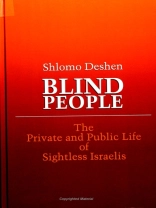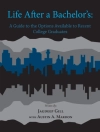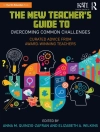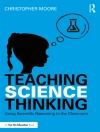Blind People approaches disability from a fresh perspective: people with an unusual body are conceived of relativistically as a variant of humanity, much the way anthropology approaches people of different culture. While deeply empathic to its subject matter, Blind People raises questions that anthropologists ask routinely, but which are commonly avoided in everyday life because they touch on sensitive matters. Based on fieldwork in Israel, the book constitutes an ethnography of blind Israelis. It starts by focusing on intimate issues of the management of the sightless body, goes on to discuss the role of the blind person in the domestic setting, and moves to issues of how the blind person strives to attain material requirements. Finally, the book relates the way blind people cope with problems of associating with both blind and sighted people in arenas of leisure activity and public affairs. Deshen’s book aims to present a truthful, dignified, fully human depiction, in the tradition of socio-cultural anthropology.
قائمة المحتويات
Acknowledgments
1. Introduction: The Field, the Questions and the Researcher
Part I: The Body
2. The Use of the Senses
3. The Use of Guide Dogs and Long Canes
Part II: The Domestic Circle
4. Coming of Age
5. Raising Sighted Children
Part III: Reaching for Material Needs
6. Seeking Employment
7. The Work Experience
8. The Experience of Support I: The Blindness System
9. The Experience of Support II: Living with the System
Part IV: Reaching for Fulfillment: Friendship, Dignity, Integration
10. The Dilemma of Association among Blind People
11. The Alternative of Ethnicity
12. The Alternative of Citizenship
13. The Dilemma of Integration among the Sighted
14. Conclusion: From Etlmography of Blindness to Anthropology of Disability
Notes
References
Index
عن المؤلف
Shlomo Deshen is Professor of Social Anthropology at Tel-Aviv University. A past president of the Israel Anthropological Association, he is the author of
The Mellah Society: Jewish Community Life in Sherifian Morocco.












